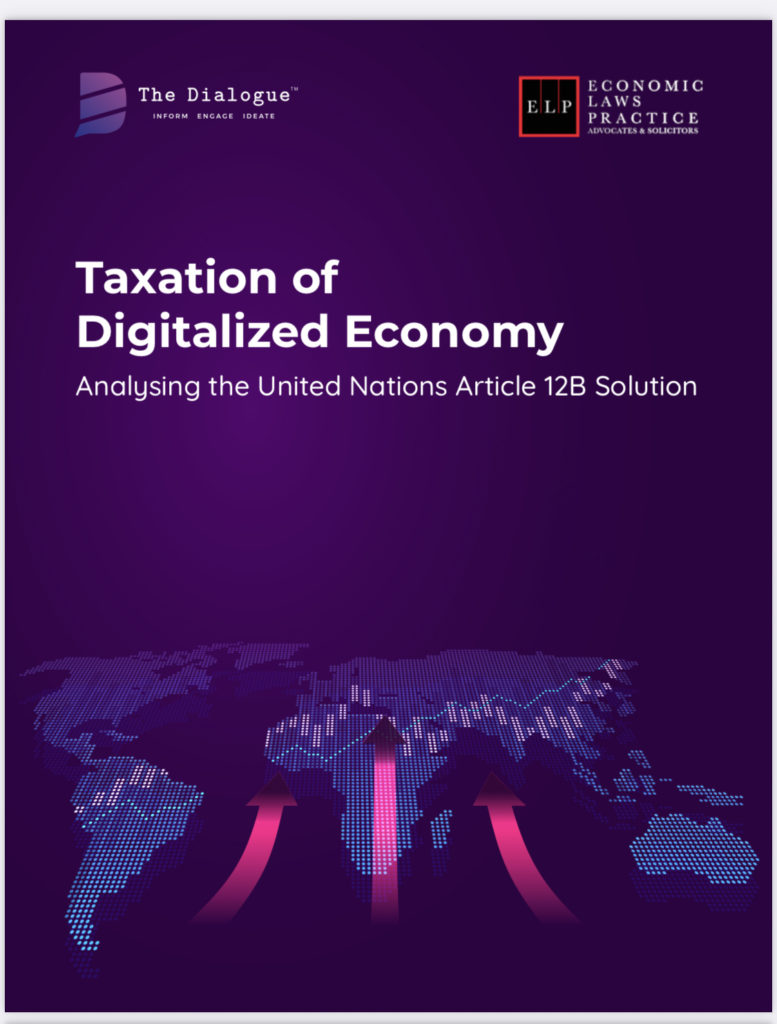The United Nations Committee of Experts on International Cooperation in tax matters has approved Article 12B in the UN Model Tax Convention to address the taxation of “automated digital services” (ADS). This addition impacts bilateral tax treaties between contracting states, granting both the residence state and source state taxation rights for ADS income. However, challenges arise with this approach. Firstly, it offers a bilateral solution to a multilateral issue, as global efforts led by the OECD are working towards consensus on digital taxation. Secondly, the proposal’s narrow scope on specific digital business models may lead to unilateral tax measures on other models outside ADS. Thirdly, it introduces gross-based taxation, which can be disproportionate and counterproductive for multinational enterprises (MNEs), and there are concerns about passing the tax burden to end users. Additionally, the proposal provides a net-based option, but it poses administrative difficulties and may lead to excessive taxation for certain MNEs. Lastly, the enforcement of this proposal would require amending thousands of tax treaties, creating inconsistency, and making uniformity and a multilateral approach a more viable solution for addressing digital taxation challenges. Given the economic uncertainties globally, a consensus-based framework is crucial for certainty and addressing the challenges of digitalization.
Authored by:
The Dialogue: Ayush Tripathi, Shefali Mehta
Economic Laws Practice: Nishant Shah, Stella Joseph
Research and analysis support: Niraj Hande, Prakhil Mishra
